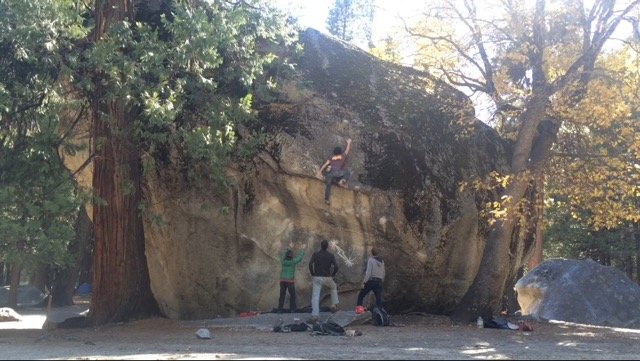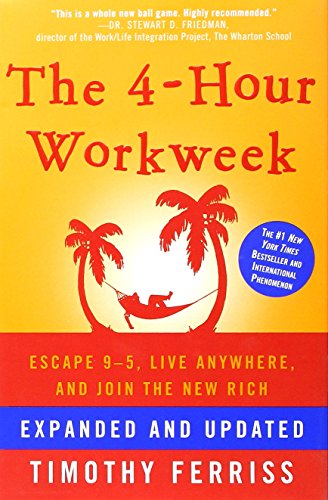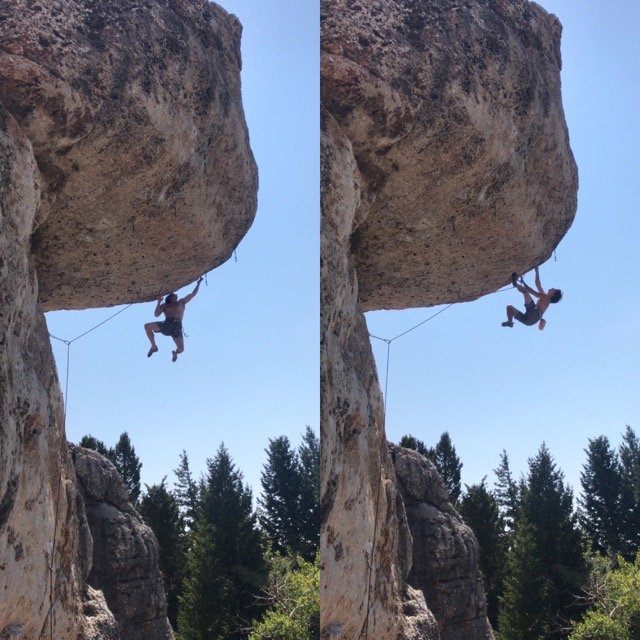The Local's Disadvantage
"Work expands so as to fill the time available for its completion."
“General recognition of this fact is shown in the proverbial phrase, ‘It is the busiest man who has time to spare.’ Thus, an elderly lady of leisure can spend the entire day in writing and dispatching a postcard to her niece at Bognor Regis. An hour will be spent finding the postcard, another in hunting for spectacles, half an hour in a search for the address, an hour and a quarter in composition, and twenty minutes in deciding whether or not to take an umbrella when going to the pillar box in the next street. The total effort that would occupy a busy man for three minutes all told may, in this fashion, leave another person prostrate after a day of doubt, anxiety, and toil.”
Professor Parkinson wrote his essay entitled "Parkinson’s Law" to describe how in the British Civil Service, the number of employees being hired was not related to the amount of work available. As the number of employees increased, everyone was still remaining busy even though there wasn’t an increase in the amount of work to be done.
I, however, want to use this idea to highlight a far more important aspect of life; sending hard rock climbs.
Tim Ferriss’s take on "Parkinson’s Law:"
“‘Parkinson’s Law’ dictates that a task will swell in (perceived) importance and complexity in relation to the time allotted for its completion. It is the magic of the imminent deadline. If I give you 24 hours to complete a project, the time pressure forces you to focus on execution, and you have no choice but to do only the bare essentials.”
Are you allowing yourself to be too nonchalant with your projects? It's one thing to have big goals, understand their magnitude, and incrementally work your way towards them. However, this is very different from allowing yourself to get intimidated by your goals and using that fear to exaggerate the process required to achieve them. Or, maybe you just never pursue them as passionately as you could. This overly relaxed approach to goal completion is what I refer to as "the local's disadvantage."
“I have seen many people in diverse fields take some version of the process-first philosophy and transform it into an excuse for never putting themselves on the line or pretending not to care about results. They claim to be egoless, to care only about learning, but really this is an excuse to avoid confronting themselves. This issue of process vs. goal is very delicate.”
I have a very hateful relationship with several boulders that I live close to. I’ve spent 6 years living within half an hour of Stonefort in Tennessee. For the longest time, I was convinced that the entire boulder field just wasn’t my style. When I would travel anywhere else, I would climb the same grade as my local projects, but in about an hour instead of 5 or 6 days. My initial conclusion? The rest of the world must be soft.
Number of V8's flashed at Stone Fort: 0 At Yosemite: 1 ....must be soft.
In all reality, I never took my local projects seriously. They weren’t going anywhere. I felt no sense of urgency. This is why traveling can be so beneficial for some people. Brief trips force a deadline on us, and for many people, that added pressure is what they need to perform.
Okay, so some boulders won’t be there forever. Here, Mitch Vernon shows that even at 128lbs you can still break the crux holds of boulders.
Tread softly, Mitch, because you tread on my dreams...
I'm not saying that it's a bad thing to live near good climbing, and this definitely isn't an attack on projecting. I think we should all be setting goals that challenge us and then taking them seriously.
A lot can be learned from deciding on a goal, doing what it takes to elevate yourself to that level, and pursuing it until it's completed. However, it can be very easy to be drawn into sitting back and becoming overly casual about the slow, drawn-out process of attrition projecting that many of us are guilty of. Has this method ever worked out in any other part of your life when you had something to get done?
My Girlfriend: Nate, the dishes have been piling up for two weeks, when are you going to take care of those?
Me: I don’t want to rush the process. It’s more about the journey than the destination.
Girlfriend: It smells like death.
Me: It’s amazing how much one silly little task can teach you about yourself, isn’t it?
Girlfriend: What are you talking about? You haven't actually done anything!
Me: Hold on, I’m updating my Instagram… #siegingthesink
Girlfriend: Did you start putting the dirty dishes in the fridge?!
Me: (sneaks out back door and drives to climbing gym)
“While a fixation on results is certainly unhealthy, short-term goals can be useful developmental tools if they are balanced within a nurturing long-term philosophy. Too much sheltering from results can be stunting.”
”We need to put ourselves out there, give it our all, and reap the lesson, win or lose. The fact of the matter is that there will be nothing learned from any challenge in which we don’t try our hardest. Growth comes at the point of resistance. We learn by pushing ourselves and finding what really lies at the outer reaches of our abilities.”
One of the best methods that I've found to keep a sense of urgency and not become overly relaxed with local climbs has been to pick a small project every day I go climbing. Before putting in work on my main objective, I'll pick something small to do first. Even if it’s not terribly difficult, just finding a new climb that will take some effort to do, and getting it done, helps to build momentum that carries over to bigger goals.
If that's not appealing to you, set day-goals for your project. Aim for a new link or overlap on your project that you haven't been able to get before. Make it hard. Choose something that will challenge you that day and set you up to do better the next time you go out.
If you do dedicate yourself wholly to a goal and still fail to complete it, it's okay to initially be upset. If you don't care about failing, then why are you setting goals in the first place? Also, if you're never failing, were you ever really trying? Regardless of the outcome, allow yourself to go through the emotions, take an objective look at what went well and what went poorly, put into practice whatever you learned, and then move on.
I don't know about you, but I would much rather pick a lofty goal, put everything I have into it, and fail knowing that I did all that I could, than to spend another season telling myself, "It's not going anywhere."
You can only have so many of those seasons before it really won't go anywhere. Not for you at least.
Books Referenced:



































Inspiration is intoxicating, but often fades as quickly as it shows up.